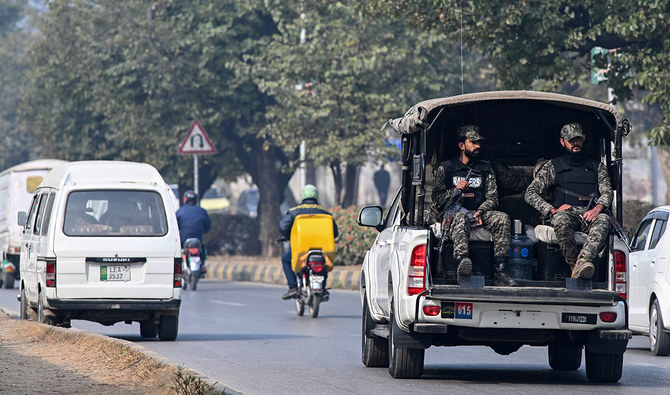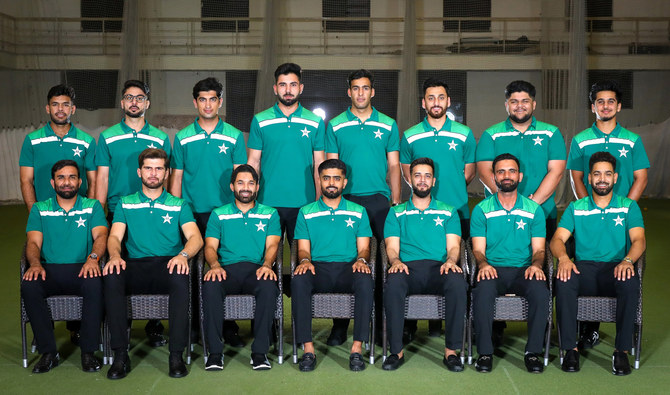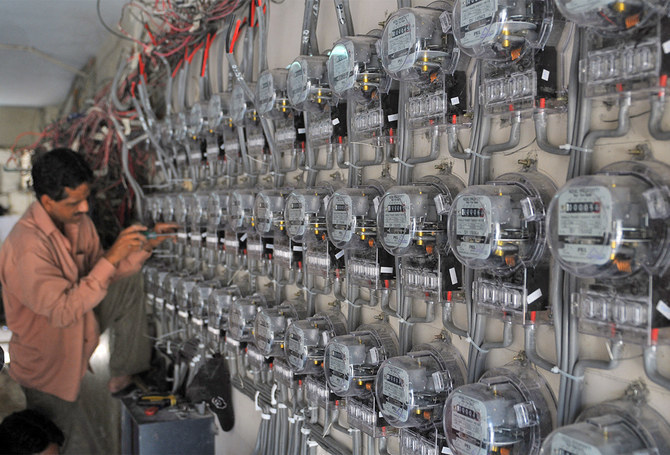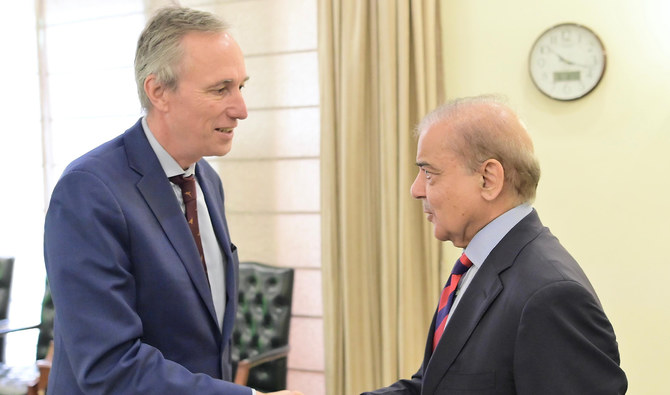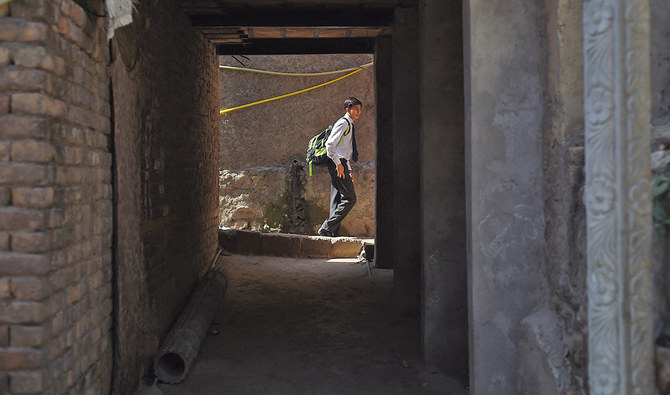ISLAMABAD: Police on Tuesday clarified it had not closed educational institutions, markets, or any private institutions in Pakistan’s capital due to security concerns, advising masses not to pay heed to “baseless rumors.”
Several schools, colleges and universities in Islamabad asked parents to pick up their children on Monday morning shortly after they had dropped them off. In a message seen by Arab News, one private school urged parents to pick their children for the sake of their “safety and security.” Three sets of parents Arab News spoke to reported that their children were sent home early.
Media reports also claimed that educational institutions in Islamabad, particularly three universities linked to the military, had been closed indefinitely due to security concerns. The reports prompted Islamabad’s top cop, Dr. Akbar Nasir Khan, to clarify in a video message that the security situation in the capital was “under control.”
“No educational institution, market, bank, or any private institution has been closed in Islamabad due to security reasons,” Islamabad Police wrote on social media platform X.
“The situation in Islamabad is quite peaceful,” it said, adding that people were going about their normal routine in the city.
“Citizens are requested to avoid spreading such baseless rumors, Islamabad Police is busy maintaining peace and order in the city,” it said.
Pakistan goes to the polls on Feb. 8 and thousands of auxiliary security forces are set to saturate the nation’s capital and northwestern region abutting Afghanistan.
Last year saw casualties hit a six-year high with more than 1,500 civilians, security forces and militants killed, according to the Islamabad-based Center for Research and Security Studies.
In 2014, the Pakistan Taliban stormed an army public school in the northwestern provincial capital of Peshawar and killed more than 150 people, the majority of them children, triggering a massive army campaign to rout the militants.



